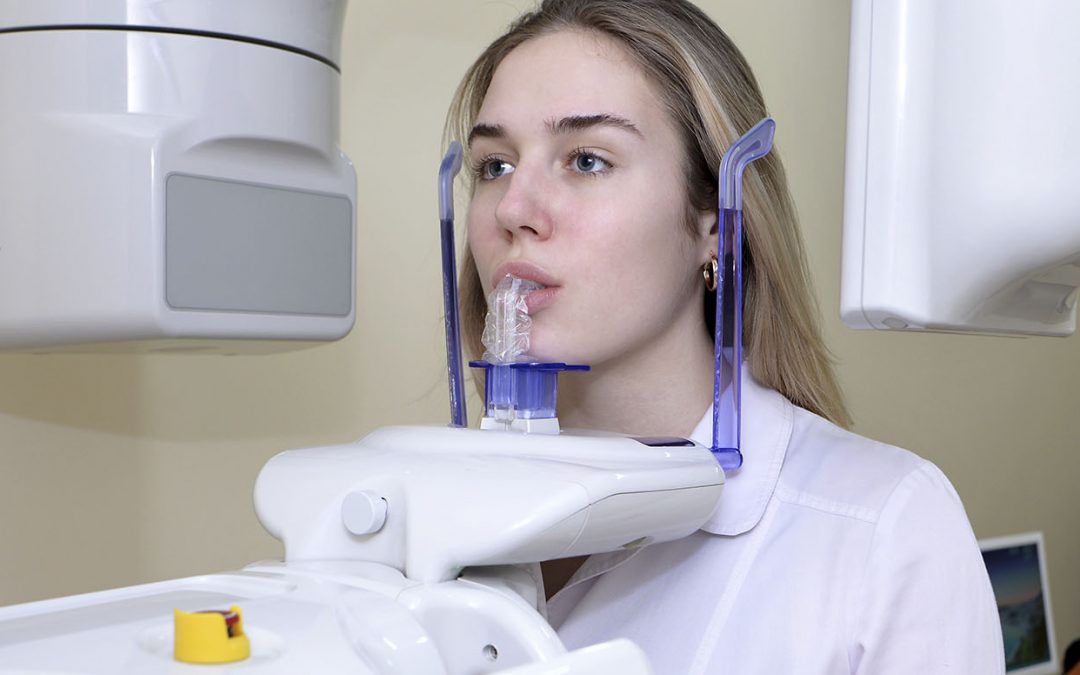ISO 14801 Dental Implant Surface Roughness Testing
The ISO 14801 standard provides a comprehensive framework for the testing and evaluation of dental implant surface roughness, which is critical to understanding how the implant will interact with bone tissue. This interaction directly affects osseointegration—a crucial factor in ensuring long-term stability and success of dental implants.
Surface roughness can influence various biological processes at the implant-bone interface. A smoother surface may promote bacterial adhesion, while a rougher one can enhance mechanical interlocking with bone tissue but also increase the risk of inflammation if not properly controlled. Therefore, precise measurement and control over the surface roughness are essential for achieving optimal clinical outcomes.
Our laboratory adheres strictly to ISO 14801 guidelines when performing these tests. We use advanced profilometers capable of measuring surface roughness down to nanometer scales. These instruments provide accurate data that help us understand not only the macroscopic but also the microscopic characteristics of dental implant surfaces.
The testing process involves several steps: first, the dental implants are cleaned and prepared according to ISO 14801 specifications. Then, using a profilometer, we measure the surface roughness across different areas of each specimen. It is important to note that there are no universally accepted values for acceptable surface roughness; instead, these parameters depend on specific design requirements and intended applications.
Once the measurements are taken, our team analyzes them in conjunction with other relevant factors such as material composition, geometry, and manufacturing processes. This holistic approach ensures comprehensive evaluation of each dental implant's suitability for use in clinical settings.
| Parameter | Description |
|---|---|
| Ra (Arithmetic Mean Roughness) | The average roughness value calculated from all peaks and valleys within the measuring length. |
| Rz (Maximum Profile Roughness) | The vertical distance between the highest peak and the lowest valley within a given measuring length. |
After completing all necessary measurements, our analysts compile detailed reports that summarize findings. These documents not only include raw data but also interpretative comments based on industry best practices and standards like ISO 14801.
Our expertise in this field allows us to provide valuable insights into how different surface treatments impact osseointegration rates and overall performance of dental implants. By leveraging our rigorous testing procedures, clients gain confidence that their products meet stringent regulatory requirements while delivering superior quality.
Scope and Methodology
| Equipment | Description |
|---|---|
| Profilometer Model XYZ-123 | An advanced profilometer designed for nanometric precision in surface roughness measurement. |
| Micrometers and Calipers | Used for initial dimensional checks before more precise profilometry. |
The ISO 14801 standard specifies that the surface roughness should be measured over a specific area, typically defined by two parallel lines separated by 2 mm. The length of this measuring path is usually set at 50 μm to ensure sufficient accuracy without being overly burdensome.
| Step | Description |
|---|---|
| 1. Preparation | Clean the dental implant using appropriate solvents and methods. |
| 2. Positioning | Place the implant on the profilometer according to specified alignment criteria. |
| 3. Measurement | Conduct multiple scans along the defined measuring path and average the results. |
The final step involves comparing measured values against predetermined acceptance criteria outlined in ISO 14801. These thresholds vary depending on intended application, but generally fall within a range of 0.5 to 2 μm Ra for most clinical scenarios.
Our laboratory ensures compliance with all aspects of the ISO 14801 standard throughout this process, providing accurate and reliable data that can be used by manufacturers during product development or quality assurance audits.
Customer Impact and Satisfaction
Accurate surface roughness testing is vital for ensuring the safety and efficacy of dental implants. By adhering to ISO 14801 standards, we help our customers meet regulatory requirements while also enhancing product performance.
Our clients benefit from receiving detailed reports that not only contain quantitative measurements but also qualitative interpretations based on extensive experience within the industry. This information allows them to make informed decisions about design modifications or process improvements aimed at optimizing osseointegration outcomes.
In addition, our commitment to quality and accuracy has earned us a reputation among leading dental device manufacturers as a reliable partner for third-party validation studies. Many of our customers rely on us not just for routine testing but also for developmental work where new technologies or materials are being introduced into the market.
Feedback from satisfied clients often highlights several key advantages, including:
- Prompt turnaround times even for complex samples.
- Competitive pricing compared to alternative laboratories.
- Comprehensive support throughout every stage of testing—from sample preparation to report review.
International Acceptance and Recognition
The ISO 14801 standard is widely recognized globally due to its rigorous approach to defining surface roughness parameters for dental implants. Its adoption by regulatory bodies worldwide ensures that results obtained through this method are universally applicable.
Many countries have incorporated references to ISO standards into their national legislation, making compliance with these guidelines essential for manufacturers operating internationally. For instance, the United States Food and Drug Administration (FDA) accepts ISO 14801 as part of its review process for dental devices.
Our laboratory participates actively in international conferences focused on medical device innovation where we share our expertise regarding surface roughness testing techniques. This exposure helps us stay at the forefront of advancements in this field while continuing to offer state-of-the-art services tailored specifically to customer needs.





